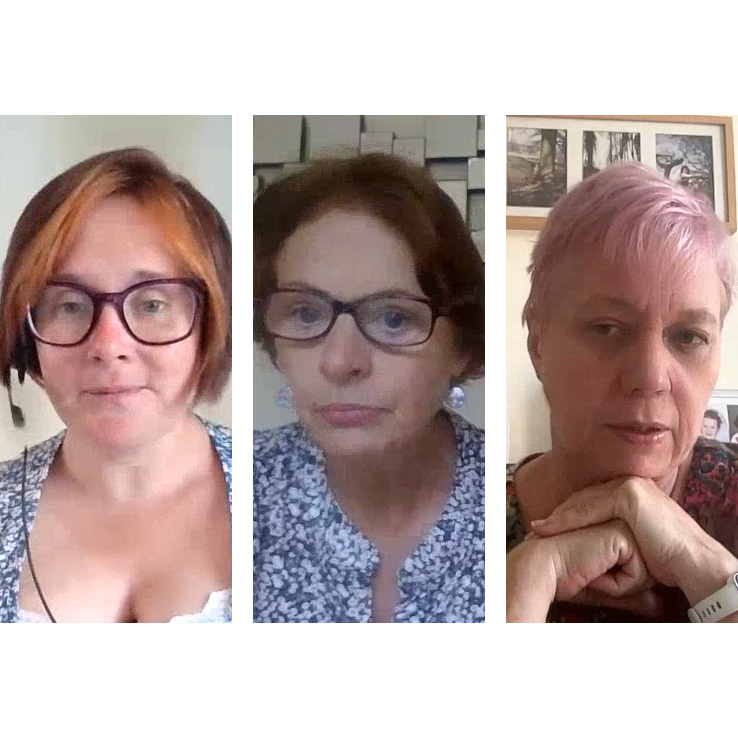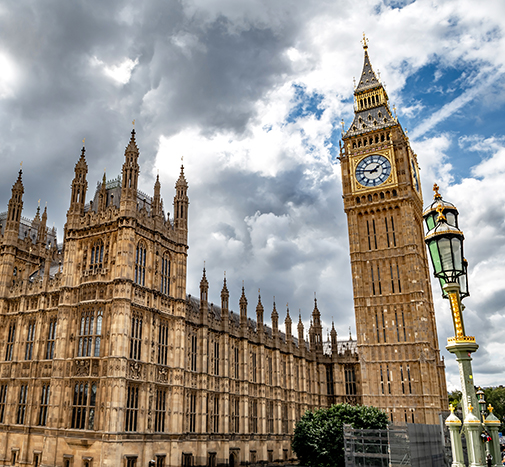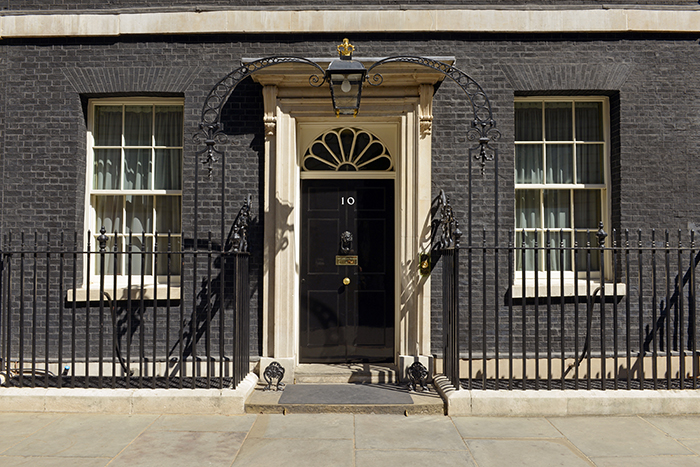 O2 has removed a Priority advert featuring flashing lights, after viewers raised concerns over its safety for people with photosensitive epilepsy.
O2 has removed a Priority advert featuring flashing lights, after viewers raised concerns over its safety for people with photosensitive epilepsy.
Epilepsy Action commended the phone company for going “above what is expected”.
O2 said it decided to remove the advert “out of an abundance of caution”.
The Only on Priority advert, offering access to exclusive gigs and ticket presales, included flashing lights from the start. It appeared on TV and social media.
In April, in response to initial concerns raised, O2 confirmed that the advert had passed the Harding Test. This is used by Ofcom to check that video footage is safe for people with photosensitive epilepsy.
However, social media users said they were still worried it could trigger seizures in those with photosensitive epilepsy.
People reported paying to watch Channel 4 ad-free to avoid the advert or having family members rush in front of the TV to block their view of it.
One Facebook user said: “Apparently it passed all the tests it needed to, but wow, certainly not great that’s for sure”. Another said: “In my opinion, why even take the risk.”
Epilepsy Action contacted O2 at the end of April to share concerns over the safety of the strobe lights and the stress it was causing people with photosensitive epilepsy.
The responsible thing
O2 said: “The advert passed the PSE test and was cleared by Clearcast, but we always listen carefully to any concerns raised by customers or anybody viewing our content. Out of an abundance of caution, we have taken the decision to remove the advert.”
Jon Eaton, director of Communications and Digital Engagement at Epilepsy Action, said: “It is great to see a large advertiser like O2 going above what is expected when it comes to photosensitive epilepsy.
“They rightly pointed out that their advert was cleared by Ofcom, which uses the Harding Test to clear TV adverts.
“However, we heard from many people who were scared by this advert. One person told us that they had paid for a premium YouTube account to avoid adverts. Another person had decided to hold a cushion at all times when watching TV to block their view if the advert came on.
“With this feedback, O2 has done the responsible thing and taken the advert down.
“Interestingly, thresholds for flashing lights in video footage are higher in Japan due to an issue in the late 1990s. We would encourage Ofcom to consider whether a new threshold is needed in the UK now that we are in a fully digital age.”
More articles




